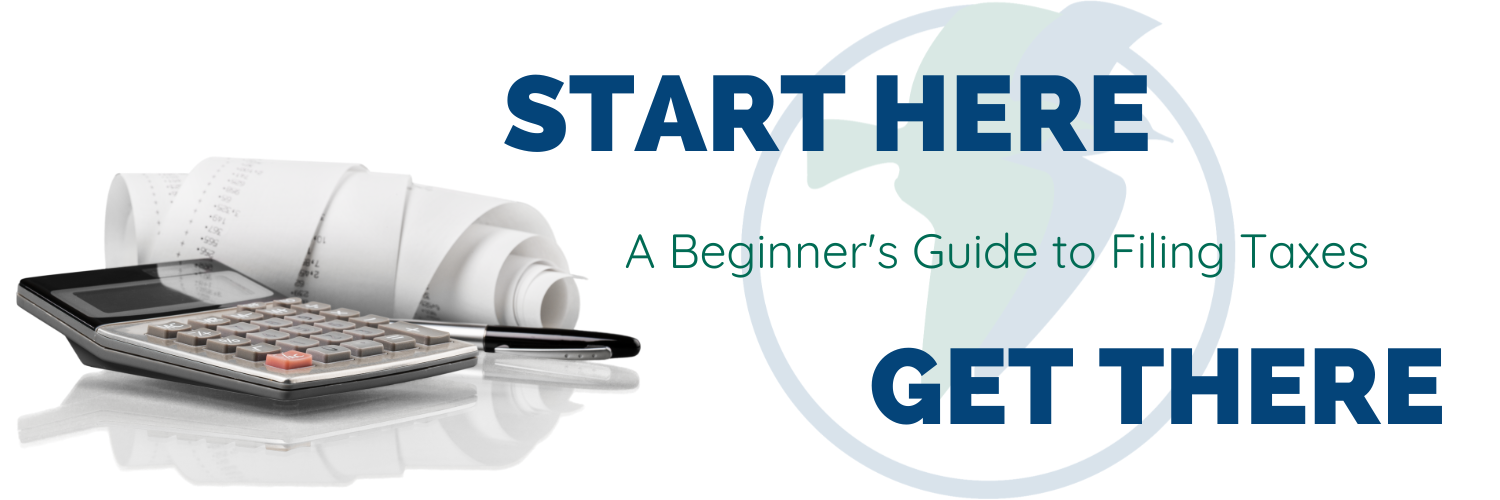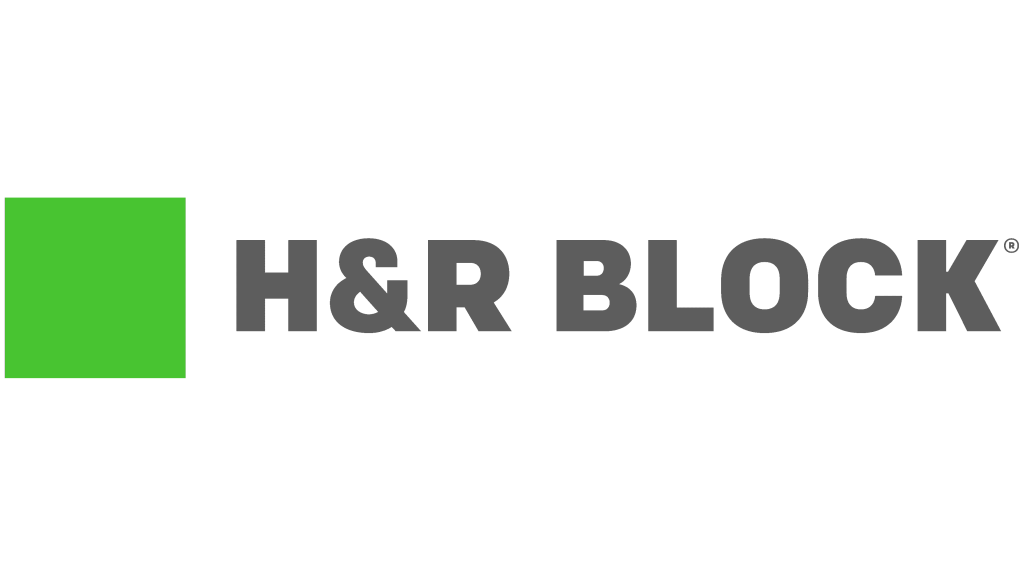FDIC-Insured - Backed by the full faith and credit of the U.S. Government

We know filing taxes is a chore, but it’s important that you know when & how to do it. In the past, the majority of people didn’t even attempt to do it themselves, instead hiring a tax professional to handle it. Since the dawn of the internet however, tax services & online resources have simplified the process for consumers. Over time the norm has shifted, and now many are looking to save money by filing their own taxes online.
Before we get into how to file your taxes, let’s review why it’s important to file your taxes every year, even if you are in a lower income bracket, or just starting out in the workforce.
Who Should File Taxes?
The short answer is anyone who is or was actively employed during the previous tax year. That being said, there are specific groups that are not required by law to do so. Using the information provided by the IRS in 2022, you are not required to file a tax return if you meet the following criteria:
Other special circumstances may include older taxpayers whose only source of income is received through social security, and younger taxpayers who can be claimed as a dependent & make less than the standard deduction amount for their age bracket. Even if you are not required to file taxes by law, it may still be worth doing, as you may end up getting money back.
Click here to learn more about the tax filing requirements from TurboTax
—
Should I file my own taxes, or hire a professional?
There’s no one answer to this question. The best option for you depends on your finances, and your personal preference. For those with a single revenue stream and no special tax situations, filing online yourself may be a good option to save money. If you have a more complex tax circumstance, it may save you a lot of time and stress to hire a professional.
The complexity of your taxes can be impacted by numerous variables including how many sources of income you are reporting, whether or not you’re self-employed, and more. While it can be tempting to save the money and do it yourself, if you do them incorrectly, it could end up costing significantly more than it saves.
Getting Prepared to File
Preparing to file your taxes can be a daunting task, but with a little organization and planning, the process can be made easier. The first step is to gather all necessary documents, including your W-2(s), 1099(s), and any other tax forms that indicate income. Be sure to include any rental income or dividends that you may receive.
Once you have all of your documents and have reviewed your deductions and credits, you can begin to prepare your tax return. As mentioned above, this can be done by seeking out a tax professional or by utilizing a tax preparation software, which will guide you through the process and ensure that you are completing all necessary forms accurately. The remainder of this article will focus on the process of self-filing.
Selecting a Tax Preparation Service
There are various tax preparation platforms to choose from, and while they may differ in design, cost & service quality, they all perform the same task. We’ve compiled a short list below of some more popular options.

TurboTax is one of the most popular services for tax prep, and for good reason. TurboTax offers a clean, easy to use platform that teaches about taxes as you go. They also offer live support if you get stuck at any point during the process.
Did You Know?
BankGloucester customers save up to $15 on the federal return costs with TurboTax.
Log in to your online banking dashboard to learn more!

H&R Block offers online tax software that is user-friendly and affordable. Like TurboTax, they offer a free filing option for simple returns, and tiered pricing depending on the complexity of your tax situation.
H&R Block’s tax software offers the ability to import previous tax returns, provides a user-friendly interface, and easy-to-follow guidance. However, some users report limited customer support options and the potential for hidden fees.

In all the chaos of tax season, one tool that is often overlooked is the one provided by the IRS itself called IRS Free File. Taxpayers that have an Adjusted Gross Income (AGI) of $73,000 or less can file their federal taxes free of charge.
Users are given the option to upload their forms manually and do the work themselves, or opt to use the guided tax prep option which offers a limited version of what you would get access to with paid services. Some state tax preparation & filing are free.
Review and File
After completing your tax return, it’s important to review it carefully to ensure that all information is accurate, and that you have not missed any important details. Be sure to review all of your deduction options to ensure you are getting your maximum return. Once you are satisfied, you can file electronically or by mail.
It is important to file your taxes on time to avoid penalties and interest charges. The filing deadline for most taxpayers is April 15th (April 18th in 2023), although this date may be extended in certain circumstances.